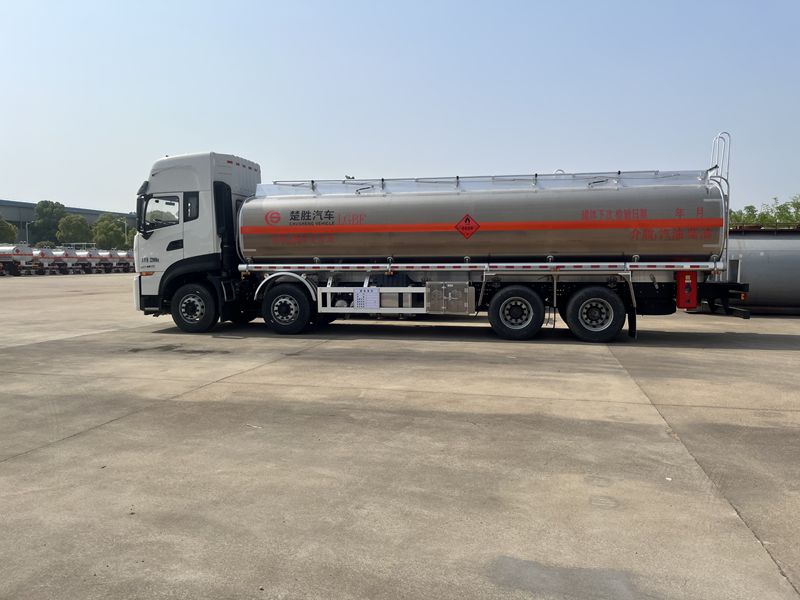Challenges: Cost, Infrastructure, and Training
Despite these innovations, oil tanker trucks face significant challenges. Arctic and waste fuel recycling trucks are expensive—up to 3 times the cost of standard models—making them unaffordable for small operators in low-income countries. In Kenya Oil tanker truck for sale, for example, only 2% of oil tanker fleets have waste fuel collection capabilities due to cost barriers Oil tanker truck for sale.
Oil tanker truck for sale Infrastructure gaps also hinder progress. Oil tanker truck for sale In many Arctic regions, roads are unpaved or unplowed in winter,Oil tanker truck for sale limiting tanker access.Fuel tanker In Canada’s Nunavut, the government is investing $200 million to upgrade Arctic roads, but completion is not expected until 2028 Fuel tanker.
Training is another hurdle.Fuel tanker Operating specialized tanker trucks requires skills in handling new technologies (such as leak detection sensors) and extreme conditions (Arctic cold). In India,Fuel tanker only 30% of tanker drivers have received training in waste fuel collection, Fuel tanker leading to inefficiencies and safety risks.Fuel tanker To address thisFuel tanker , international organizations like the International Transport Forum (ITF) are offering free training programs for drivers in developing countries Fuel tanker.

Future Outlook: Smart, Sustainable, and Versatile
Diesel tanker The future of oil tanker trucks lies in greater intelligence and sustainability. Experts predict that by 2030,Diesel tanker 40% of emergency fuel tanker fleets will be equipped with autonomous driving technology for highway routes. Diesel tanker This will allow trucks to operate 24/7 without driver fatigue, speeding up emergency fuel deliveries Diesel tanker .
In waste fuel recycling,Diesel tanker tanker trucks will integrate AI-powered sorting systems to separate different types of waste fuel during collection, improving recycling efficiency.Diesel tanker In the Arctic, solar panels mounted on truck roofs will power on-board systems (like heated lines), reducing reliance on diesel generators Diesel tanker.
“Oil tanker trucks are no longer just fuel carriers—they’re problem-solvers,” says an energy logistics expert. “Whether it’s delivering fuel during a crisis, recycling waste, or operating in the Arctic, they’re adapting to meet the world’s most pressing energy needs. Their future is smart, sustainable, and essential.”
From emergency response to environmental protection and extreme climate operations, oil tanker trucks are proving their versatility and resilience. Diesel tanker As the world continues to face energy and environmental challenges, these vehicles will remain critical to building a more secure, sustainable, and connected energy future Diesel tanker.

